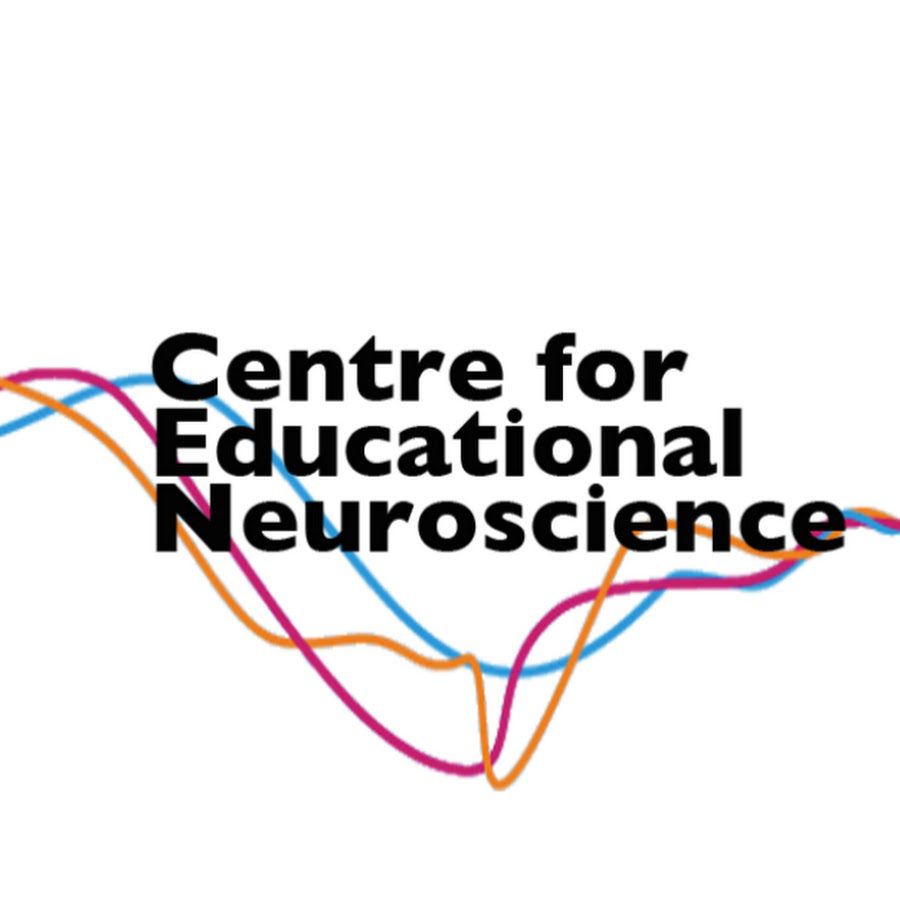
SYM PITSIALIS, SENCO, HENDON SCHOOL, UK HELEN LANGSAM, ASSISTANT HEADTEACHER, HENDON SCHOOL, UK Introduction This case study details our journey to enhancing special educational needs and disabilities (SEND) provision in our secondary school by strengthening adaptive teaching practices across the school’s faculty teams. It explores how an external SEND review, collaboration with faculty heads and a tailored […]

JULIA TRICKEY, ASSISTANT PGCE PRIMARY PROGRAMME LEADER AND SEND AND INCLUSION SPECIALIST, UNIVERSITY OF DERBY, UK BECKY MANTON, PROGRAMME LEADER, UNIVERSITY OF DERBY, UK CHARLOTTE MOSEY, ASSISTANT HEAD OF DISCIPLINE: PRIMARY ITT/E, UNIVERSITY OF DERBY, UK The importance of preparing early career teachers to be able to facilitate progress for all learners has been put into focus in […]

ALEX TOMKINS, HEADTEACHER, GREENSIDE SCHOOL, UK; EDD STUDENT, UNIVERSITY OF DERBY, UK In 2019, I wrote an article for Impact exploring how Greenside special school had developed a curriculum for our complex cohort (Tomkins, 2019). My school educates children aged three to 19 with severe learning difficulties (SLD), many of whom have an autism diagnosis. The […]

KATHRYN DOWNS, TEACHER OF MATHS AND EVIDENCE LEAD, DIXONS UNITY ACADEMY, UK I’ve been privileged to spend much of my teaching career working with a high number of students with SEND (special educational needs and disabilities). As a neurodivergent wheelchair user, I have a unique understanding of what it is like to face significant barriers to […]

EMMA LOUISE PRICE, PRIMARY TEACHER AND EDUCATION DOCTORATE STUDENT, BIRMINGHAM CITY UNIVERSITY, UK Introduction Imagine a school environment where every request, no matter how small, feels like an insurmountable challenge. From the perspective of a student with pathological demand avoidance (PDA), the rigidity of mainstream classroom learning environments only heightens their anxiety and avoidant behaviours, […]

STEPH HILL, ECT 1, SPRINGFIELD JUNIOR SCHOOL, UK DAVID KERSHAW, SENIOR LECTURER IN EDUCATION, UNIVERSITY OF DERBY, UK In modern education, the imperative for an inclusive curriculum is undeniable. An inclusive curriculum ensures that all students feel valued, represented and equipped to engage critically with their learning and the wider world. However, traditional educational systems often fall […]

ANDY CROFT, MATHS LEAD, SNOWFIELDS ACADEMY, UK Introduction As a maths teacher in a specialist school for students with autism, I navigate a persistent tension: preparing students for qualifications and future study while ensuring that they develop the numeracy skills needed to thrive in daily life. A recent discussion at a Kent special schools networking event […]

MIRIAM HUSSAIN, ASSISTANT PRINCIPAL, WEST MIDLANDS, UK ELIZABETH FORD, INTERIM HEADTEACHER, WORCESTERSHIRE, UK The drive for consistent, high-quality instruction has led many schools to embrace pre-planned curricula, promising efficiency and standardisation. However, this trend carries a significant risk: the potential de-skilling of teachers, particularly those early in their careers. This is especially concerning in today’s classrooms, where […]

TIM BROGAN, HEADTEACHER, ST ALBAN’S CATHOLIC VOLUNTARY ACADEMY, UK This case study explores the successful implementation of ‘priority pupil meetings’ (PPMs) in a multi-academy trust school in Derbyshire, highlighting their effectiveness in reducing barriers to learning for vulnerable and disadvantaged students, including those with special educational needs and disabilities (SEND). PPMs align effective safeguarding practices […]

TOM MOLLOY, DIRECTOR, TOMMY FLOWERS SCITT, UK As the director of an initial teacher training (ITT) programme and an external moderator for others, it is a privilege to be welcomed into classrooms across the country and to see student teachers develop. Observing and holding discussions with novices and their mentors also gives an insight that few […]

WILL BERARD, DOCTORAL STUDENT, UNIVERSITY OF ROEHAMPTON, UK At the age of 38, when I trained to teach computing in 2021, I started becoming aware of my ADHD (attention deficit hyperactivity disorder), this thanks to the emphasis put on SEND (special educational needs and disabilities) in both my PGCE (postgraduate certificate in education) programme (at the […]

MATTHEW TRAGHEIM, LECTURER IN PRIMARY EDUCATION, OPEN UNIVERSITY, UK Inclusive education has been the leading educational principle in the Western world since the ratification of the Salamanca Statement in 1994 (UNESCO). Although Schuelka (2018) and, more recently, the Education Endowment Foundation (EEF, 2024) have sought to influence the depth, design and delivery of inclusive education policy […]

This session will be led by Dr Emma Meaburn (Birkbeck, University of London). Further information to come closer to the time of the event. This talk is part of a webinar series from the Centre for Educational Neuroscience at UCL, Birkbeck University and the UCL IoE. You can register here to receive weekly updates about […]

This session will be led by Dr Maureen Ruby (Sacred Heart University). In our rapidly evolving global educational landscape, one thing remains constant: the brain is our common ground. This presentation will explore how a foundational understanding of educational neuroscience can transform not what and how we design curriculum, teach, assess, lead, and parent. Two […]

This session will be led by Dr Roman Feiman (Brown University). This webinar will delve into the evolving role of Large Language Models (LLMs) in cognitive science. Once dismissed as inadequate representations of human thought, modern LLMs now exhibit reasoning abilities that were unimaginable decades ago, reigniting debates about their potential as models of cognition. […]

Relational thinking, or the ability to reason about relationships between mental representations, is a cornerstone of reasoning and decision-making. In this talk, Professor Silvia Bunge will make the case that relational thinking should be considered an executive function, and will provide evidence that it supports math achievement. She will then discuss neural underpinnings of the […]

This workshop will discuss different types of research designs and the kinds of evidence they generate for different purposes. The team will demonstrate how policymakers and practitioners can use a simple framework to judge if any kind of evidence is trustworthy. This is the first step in understanding evidence. The team will also illustrate how […]

As part of the DfE-supported special edition of Impact on the safe and effective use of AI in education we’ll be holding a webinar panel discussion featuring authors from the issue. The issue demonstrates how AI tools are being used in schools and colleges and discusses the benefits, issues and uncertainties surrounding the rapid uptake […]

Join us for an inside look at our award-winning Impact publication, exploring Issue 24 (Summer 2025). This issue will focus on building the skills and knowledge to support adaptive teaching that will help all students to access learning. The issue will include discussions of how to foster inclusive learning environments, how to adopt adaptive classroom practices, how […]

This 1 hour webinar, hosted by Professor Rose Luckin (UCL/Educate Ventures Research) will inspire you about using AI in your school, college, or university, and you will come away with practical tips to use right now in your school’s AI journey. Renowned for not only her research into the design and evaluation of educational technology and AI, […]

















